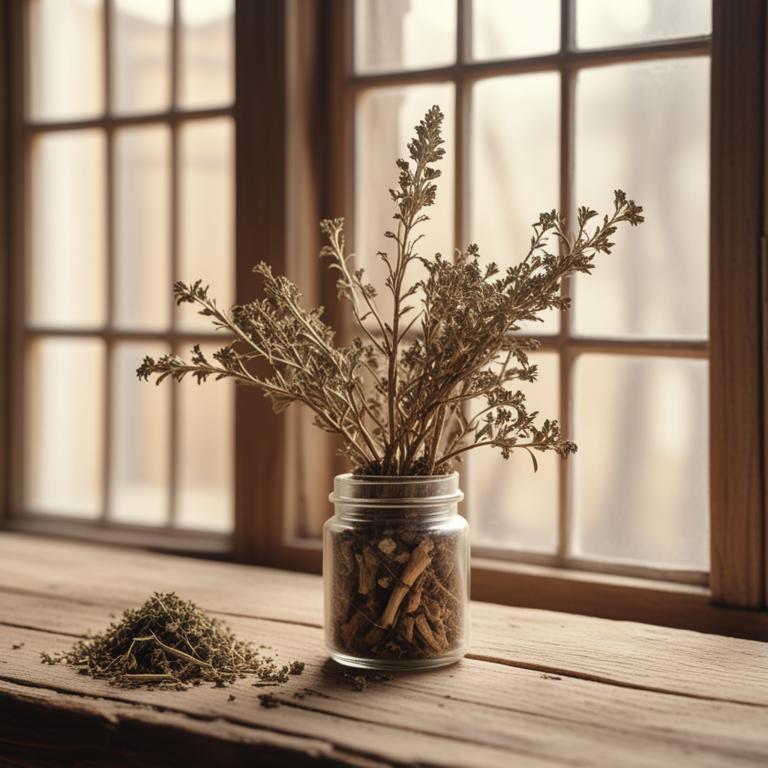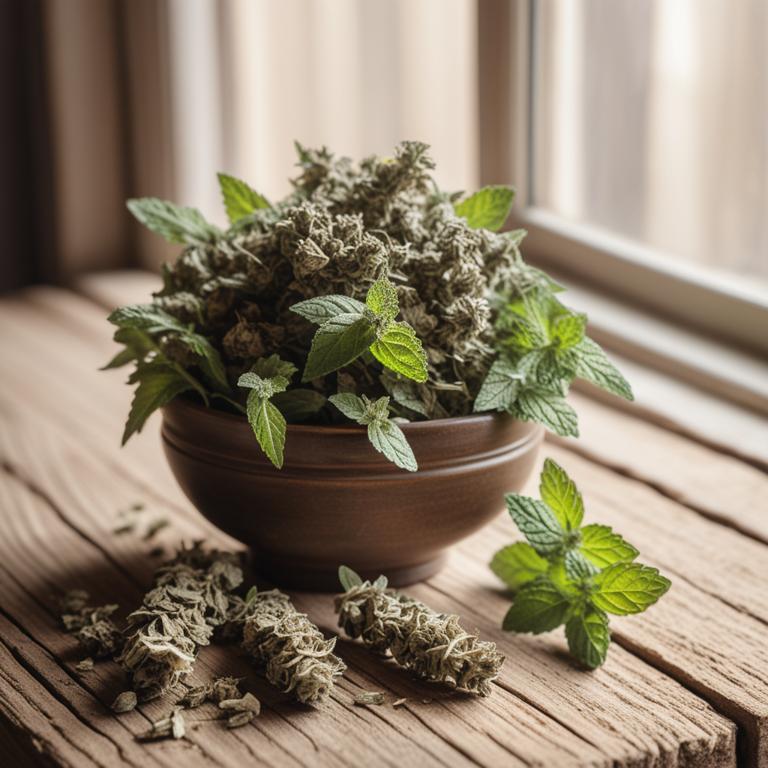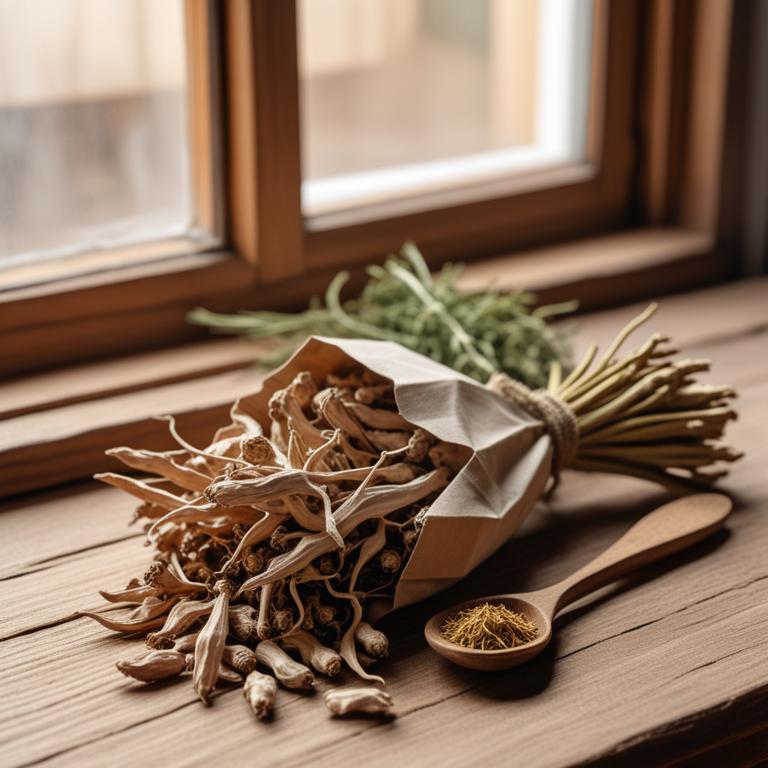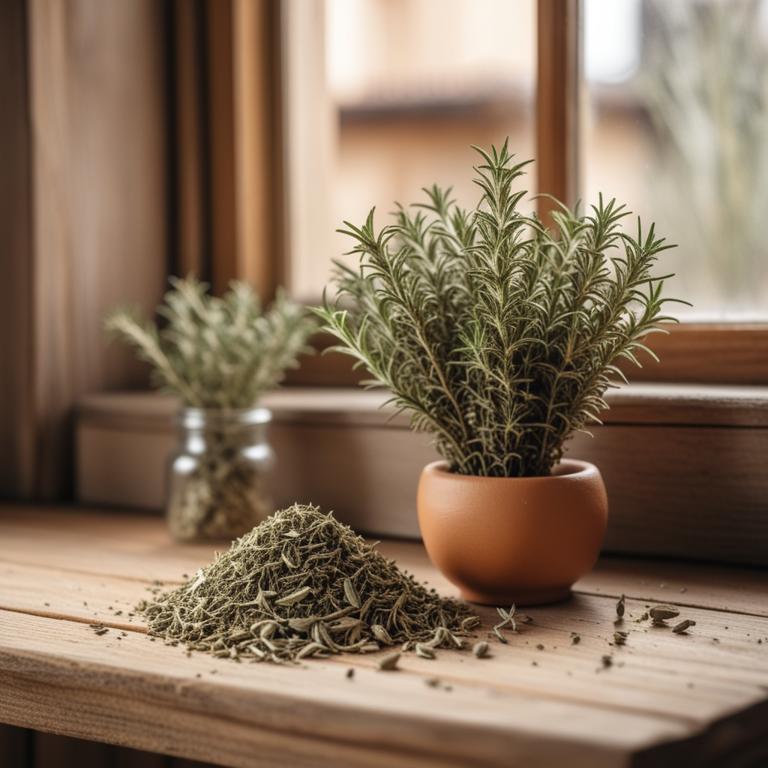Updated: Dec 1, 2024
Natural Asthma Relief: Medicinal Herbs and Herbal Preparations
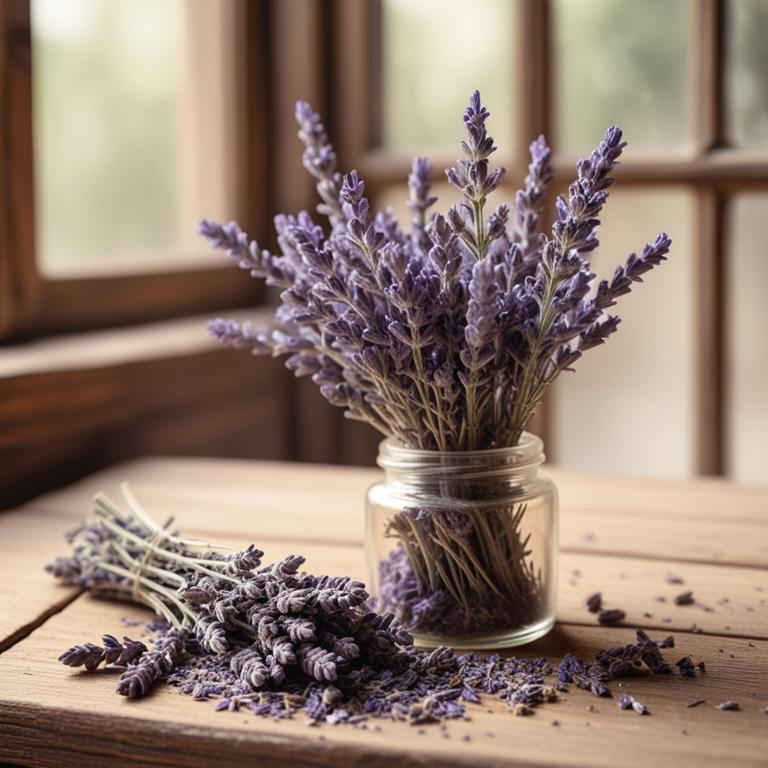
Asthma is a condition where the airways in our lungs become narrow and swell, making it hard to breathe.
It can be a real challenge, especially when you're trying to live a normal life. Imagine having to constantly worry about when your next breathing crisis will strike, or having to carry around an inhaler to help you breathe. It's not just a physical issue, but also an emotional one. Asthma is often triggered by allergies, like dust mites, pollen, or pet dander, as well as by irritants like tobacco smoke, pollution, or strong chemicals. When these triggers are present, our airways can become inflamed, leading to symptoms like wheezing, coughing, and shortness of breath.
Fortunately, there are some natural remedies that can help alleviate asthma symptoms. Herbs like eucalyptus, thyme, and ginger have anti-inflammatory properties that can help calm the airways and reduce inflammation. They can be consumed as teas, added to warm baths, or inhaled through steam inhalers. For example, eucalyptus tea can be made by steeping dried eucalyptus leaves in hot water, while thyme can be added to a warm bath to help open up the airways. Ginger, on the other hand, can be made into a tea or added to a steam inhaler to help reduce inflammation.
These herbal remedies can be a useful complement to traditional treatments, and may even help reduce the need for medication.
Table of Contents
What are the primary causes of asthma?
The main causes of asthma are tiny particles in the air that our bodies react to.
One common cause is Dust Mites. These tiny creatures live in our beds, carpets, and upholstered furniture, and they leave behind tiny waste particles that become airborne when we disturb them. When we breathe in these particles, our bodies think they're a threat and react with inflammation, leading to asthma symptoms. Another common cause is Pet Dander. This is made up of tiny skin flakes that cats, dogs, and other animals shed. When we have pets, we inhale these skin flakes, which can trigger asthma symptoms. This is especially true for people who are allergic to pet dander.
Mold is also a culprit. It grows in damp environments, like bathrooms and basements, and releases tiny spores into the air. When we breathe in these spores, our bodies react with inflammation, leading to asthma symptoms. Pollen from trees, grasses, and weeds is another common cause of asthma. When plants release pollen, it becomes airborne and can trigger asthma symptoms in people who are allergic to it. This is especially true during peak pollen seasons. Lastly, Cockroach waste and body parts can also trigger asthma symptoms. These tiny insects are common in homes, especially in areas with food and moisture.
When we inhale their waste and body parts, our bodies react with inflammation, leading to asthma symptoms.
What benefits can be gained from using herbs to treat asthma?
Using herbs for asthma can be very beneficial.
These plants have been used for centuries to help manage symptoms and improve quality of life. One of the main benefits is that they can help reduce inflammation in the airways, making it easier to breathe. This can lead to fewer asthma attacks and less reliance on medication.
Some herbs can also help relax the airway muscles, making it easier to breathe. Additionally, they may have anti-inflammatory properties that can reduce swelling and irritation in the lungs. This can help prevent asthma attacks and improve lung function. Some herbs can also help reduce mucus production, making it easier to cough up mucus and clear the airways.
This can help prevent infections and reduce the risk of complications from asthma.
What herbs are typically used to help control asthma?
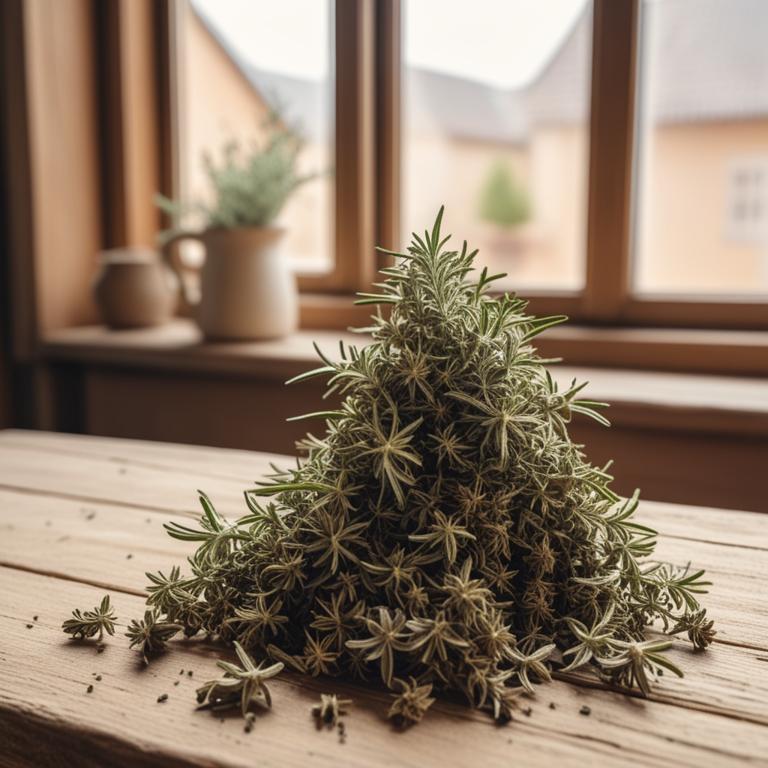
Herbs can be a helpful addition to your asthma treatment plan.
Let's look at some specific herbs and how they might help. Rosmarinus officinalis, or rosemary, is known for its anti-inflammatory properties, which can help reduce swelling in the airways and make it easier to breathe. Eucalyptus globulus, or eucalyptus, has decongestant properties that can help loosen and clear mucus from your lungs, making it easier to breathe.
Thymus vulgaris, or thyme, has antimicrobial properties that can help fight off infections that can trigger asthma attacks. Echinacea purpurea, or coneflower, can help boost your immune system, which can reduce the frequency and severity of asthma attacks. Ginkgo biloba, or ginkgo, has anti-inflammatory properties that can help reduce swelling in the airways and improve lung function.
When used in moderation and under the guidance of a healthcare professional, these herbs may be able to provide some relief from asthma symptoms.
What herbal formulas are most often used to alleviate asthma symptoms?
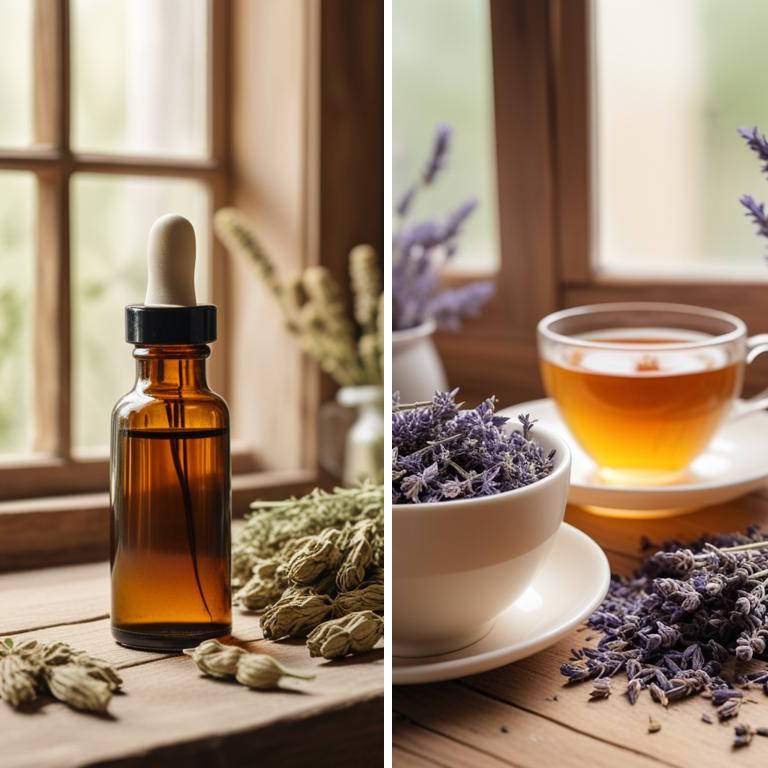
Herbal preparations can be a great way to manage asthma symptoms.
A decoction is a strong liquid made by boiling herbs in water. This method is good for roots and bark, which are hard to dissolve, and can help loosen up mucus in the airways. A tincture is a concentrated liquid made by soaking herbs in alcohol. This method is good for herbs that are hard to digest, and can help relax the muscles in the airways. An infusion is a weak liquid made by steeping herbs in hot water.
This method is good for delicate herbs that can get damaged easily, and can help open up the airways. Herbal teas are made by infusing herbs in hot water, and are a popular way to manage asthma symptoms. They can help relax the muscles in the airways and loosen up mucus. Capsules are a convenient way to take herbal preparations, and can help deliver the right amount of herbs to the body. They are especially good for people who don't like the taste of herbs. These herbal preparations can help manage asthma symptoms by opening up the airways, relaxing the muscles, and loosening up mucus.
They can be a natural and effective way to breathe easier and feel better.
Additional Resources:
What herbs are unsafe for those with asthma?
If you have asthma, there are some herbs you should avoid using.
For example, Artemisia absinthium, also known as wormwood, can trigger asthma attacks because it releases volatile chemicals that irritate the airways. These chemicals can make it harder to breathe and can even cause more severe symptoms if you already have asthma. Sassafras albidum, or sassafras, contains a chemical called safrole, which can also irritate the airways and worsen asthma symptoms. Lavandula angustifolia, or lavender, is another herb that can be problematic for people with asthma. While it's often used in aromatherapy, the strong scent of lavender can trigger a reaction in people who already have asthma.
This is because the chemical compounds in lavender can cause the airways to constrict, making it harder to breathe. Anethum graveolens, or dill, is another herb that can cause problems for people with asthma. Like lavender, the scent of dill can trigger a reaction and make symptoms worse. Cassia auriculata, or chakramardika, is a plant that contains chemicals that can irritate the airways and worsen asthma symptoms. These chemicals can cause inflammation and make it harder to breathe, which can be especially problematic for people who already have asthma.
It's always best to talk to your doctor before using any new herbs, especially if you have a condition like asthma that requires careful management.
FAQ
Are there any specific herbs that can prevent asthma?
Some studies suggest that certain herbs, such as butterbur and eucalyptus, may help reduce asthma symptoms.
Butterbur's anti-inflammatory properties might ease airway constriction, while eucalyptus's decongestant properties may help clear mucus from the lungs.
However, more research is needed to confirm their effectiveness in preventing asthma attacks.
Is it safe to use herbal remedies for asthma during pregnancy?
Using herbal remedies for asthma during pregnancy can be a concern.
Some herbs, like eucalyptus and peppermint, are safe in small amounts, but others, like licorice root and comfrey, may cause problems.
It's best to be cautious and choose remedies that have been studied for their safety in pregnancy.
Are there any herbs that can reduce the frequency of asthma?
Some herbs like ginger and turmeric may help reduce asthma symptoms.
Ginger's anti-inflammatory properties can ease congestion, while turmeric's curcumin can help relax airway muscles. These herbs can also help reduce inflammation, which can contribute to asthma attacks.
They may be a useful addition to a treatment plan.
Related Articles
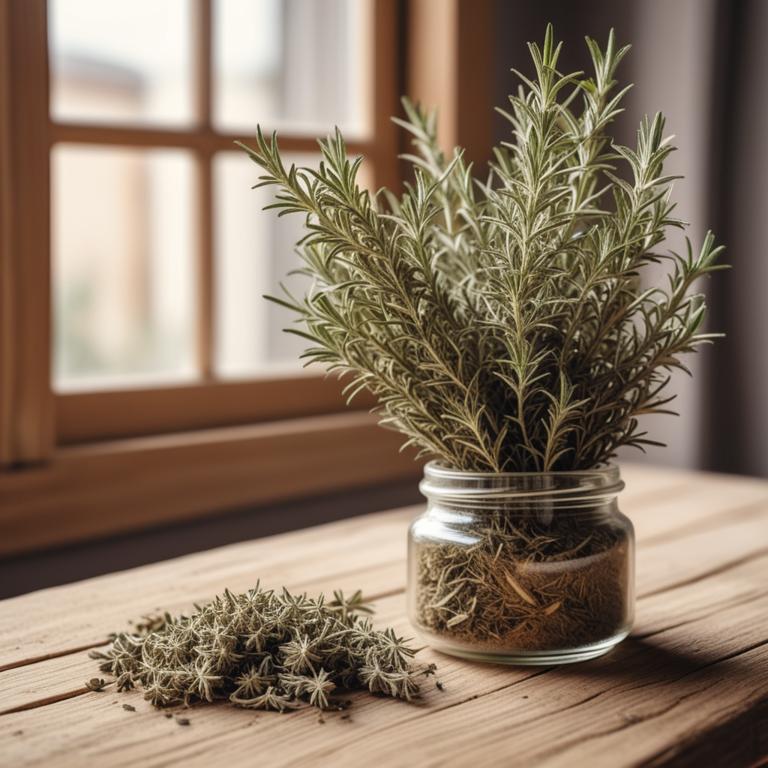
Natural Asthma Relief: Medicinal Herbs and Herbal Preparations

Pertussis: Causes, Symptoms, and Natural Remedies with Medicinal Herbs
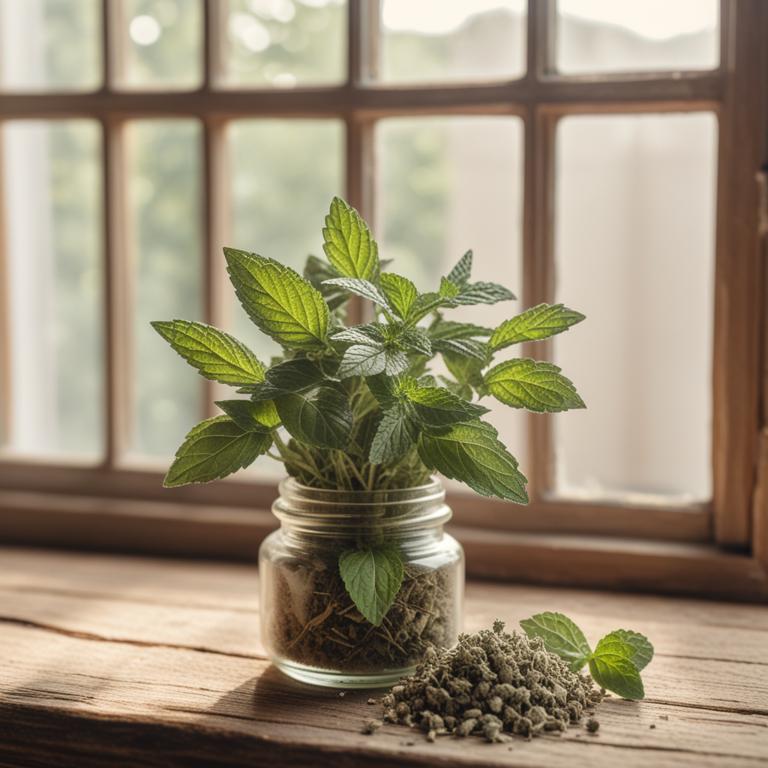
Laryngitis: Causes, Symptoms, and Herbal Preparations for Relief
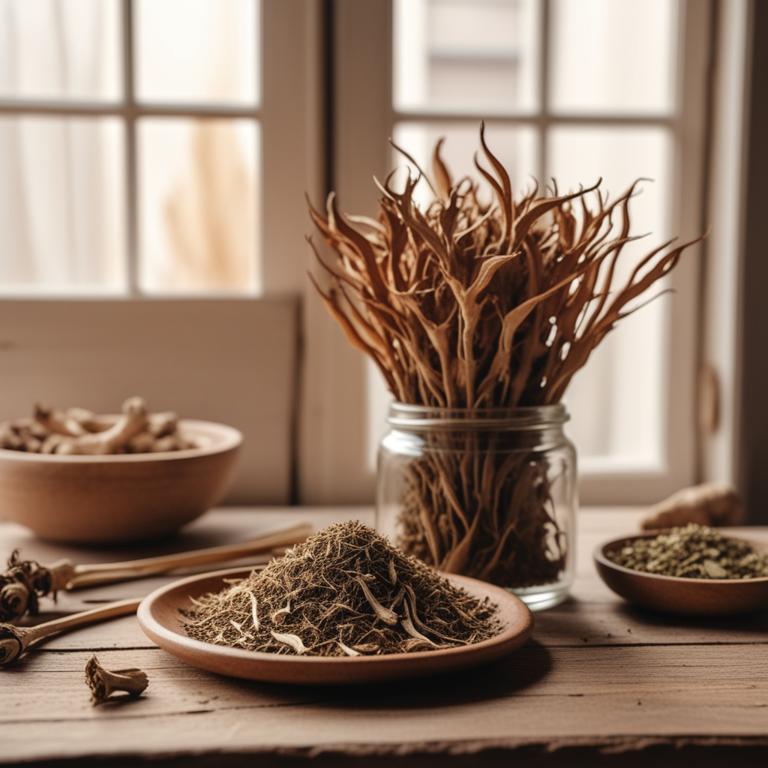
Hoarse Voice: Understanding Causes and Using Medicinal Herbs and Herbal Preparations
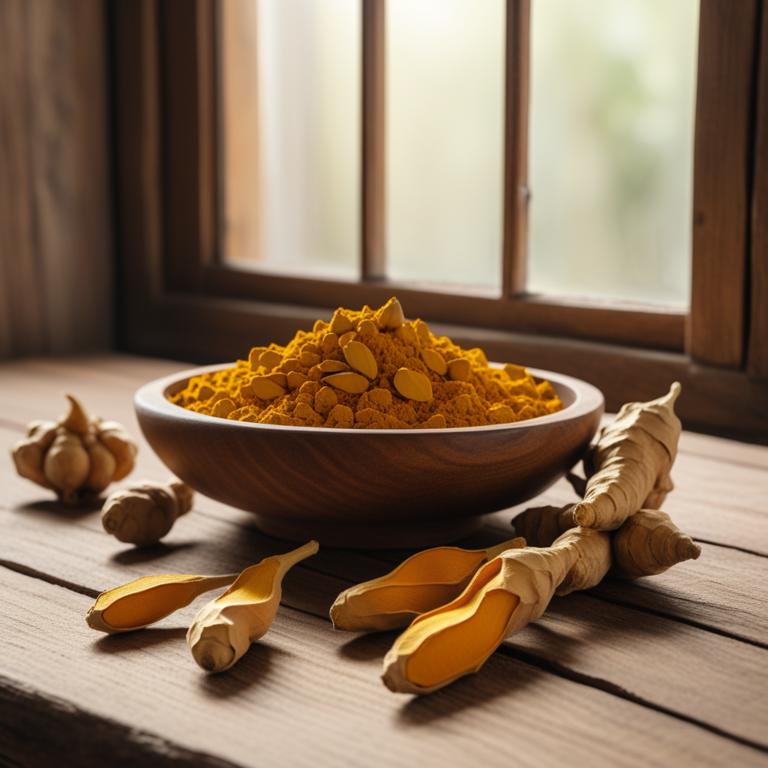
Emphysema Causes, Symptoms, and Herbal Relief Options
